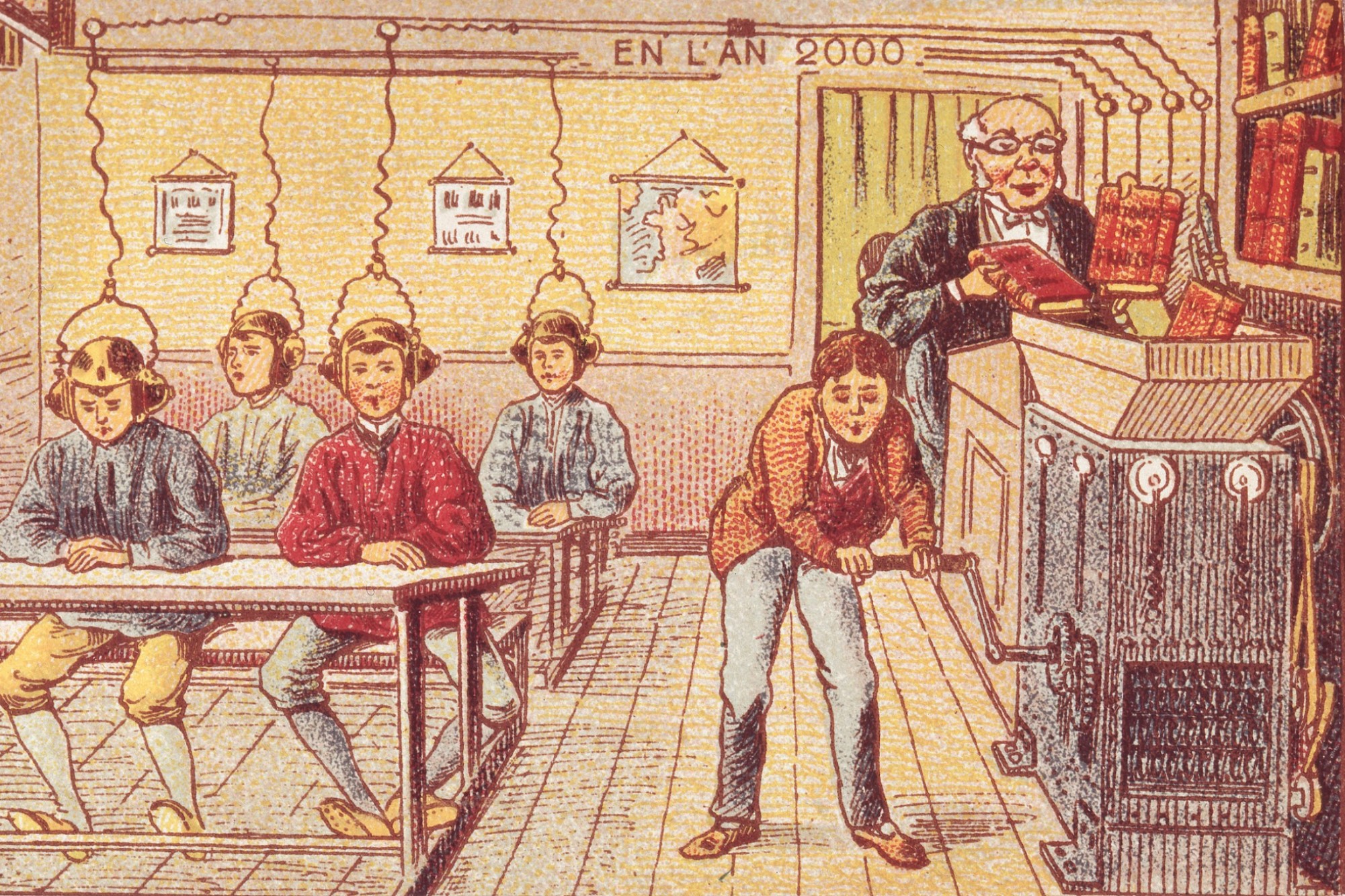Misinformation in the Age of Ebola
As the Ebola outbreak has progressed, public discourse of the matter has reached a fever pitch. From announcements that airports will screen for the disease to coverage of the growing number of cases in Dallas, we are inundated with coverage of the outbreak. And as some call for the closure of borders and bans on flights from West Africa, it is clear that our perception of the issue is at its most fearful, and indeed its most vulnerable, since the epidemic began.
It is in this environment that misinformation about the disease is at its highest, and potentially most dangerous. Many are quick to spin the handling of the outbreak one way or another. It came to a head when Bill O’Reilly, of Fox News’ The O’Reilly Factor, called on the CDC director, Thomas Frieden, to resign for misleading Americans. Frieden and the CDC, O’Reilly alleges, are covering up the ways that Ebola is spread, including the possibility of airborne transmission – all in the name of making their attempts to halt the outbreak look more legitimate.
To be fair, O’Reilly does address some pressing issues: the U.S. healthcare system’s lack of preparedness for Ebola, as well as the potential questions surrounding the viability of airport screening. But by placing the blame on a scientific organization’s so-called attempts to propagandize and misinform the public, O’Reilly may only be hurting attempts to fight the disease. And while many are quick to dismiss “talking heads” like O’Reilly, the show’s ratings make it clear that there are just as many who take their words to heart.
In the case of diseases like Ebola, misinformation can be deadly. We’ve seen on the ground how misinformation can hurt doctors’ attempts to treat the disease. Indeed, when the outbreak first appeared in Liberia and Sierra Leone, a lack of knowledge, and even mistrust, about the virus’ existence and means of transmission led to many preventable deaths.
If such misinformation is not only reproduced but encouraged as legitimate action against the epidemic, it is clear that efforts to combat the virus will suffer. For the record, while viruses like Ebola have the potential to mutate, scientists have never recorded an instance of a virus mutating to a different form of transmission. But in the context of politicized misinformation, this hardly matters. After all, if the CDC is covering up the virus’ means of transmission, why should we believe their warnings? Why should we follow the precautions we must take to prevent Ebola’s spread, if it’s all just another piece on a political scoreboard? If we can’t even trust the scientists in charge, who can we trust?
It is clear that the ways science is talked about in the media is of utmost importance. Not many people will go out of their way to read a lengthy scientific article or academic journal; a short segment on a cable news network or opinion piece on a website will likely reach a far larger audience. When these media forms deny science for political purposes, then the effect of a single science-denying story can cause ripples far larger than even the strongest consensus.
As a result, when commentators like O’Reilly clearly dispute scientific research for the purpose of scoring points against a political administration, it would seem that they are exaggerating the very problem that helped spawn the outbreak in the first place. For it is misinformation that has created the Ebola epidemic, and without a healthy dose of scientific research, we will be woefully unprepared to contain its spread.




